The Lake Minnetonka Garden Club kicked off the season with a program on Organic Farming and Community Supported Agriculture (CSA). CSA farmers grow vegetables and fruit without pesticides and herbicides, and use regenerative farming practices to build the soil naturally by utilizing cover crops and rotation practices. Midwest Organic and Sustainable Education Service (MOSES) Farmer of the Year award winner Greg Reynolds of Riverbend Farm talked about the history of CSA as a local food movement that connects consumers directly with the farmers who grow their food organically in nearby farms.
Many family farms disappeared in the 70’s and 80’s as a result of Department of Agriculture policies. The genesis of the CSA movement was that idea that the community should share the risk in seasonal farming through customers paying a fee upfront for a share of food produced that summer. That guaranteed income helped small organic farmers continue to grow fresh produce for local customers.
CSAs have changed and adapted to customer’s needs over the years; in Greg’s approach, the procedure is to offer an a la carte CSA. He provides a list of currently ripe produce for customers to order what they want, and he harvests and washes the produce in the morning and customers pick it up in the afternoon at the farm. Do you remember being a child and someone handing you a strawberry from their garden or green bean warm from the sun right off the vine? That is the vision and flavor of locally grown organic food.
Sarah Lindblom, an independent female entrepreneur, is a member of the next generation of organic farmers. Sarah has offered CSAs in the past but is now focusing on the development of a Farm Store where she sells her organic produce, eggs, maple syrup, honey, flowers and value-added baked goods. She is also expanding into medical and culinary herbs, botanical skin care and creating workshops for customers. Through many market changes, organic farmers have offered nutritious and delicious, locally grown produce that nurtures the soil, protects pollinators and wildlife and feeds our families.
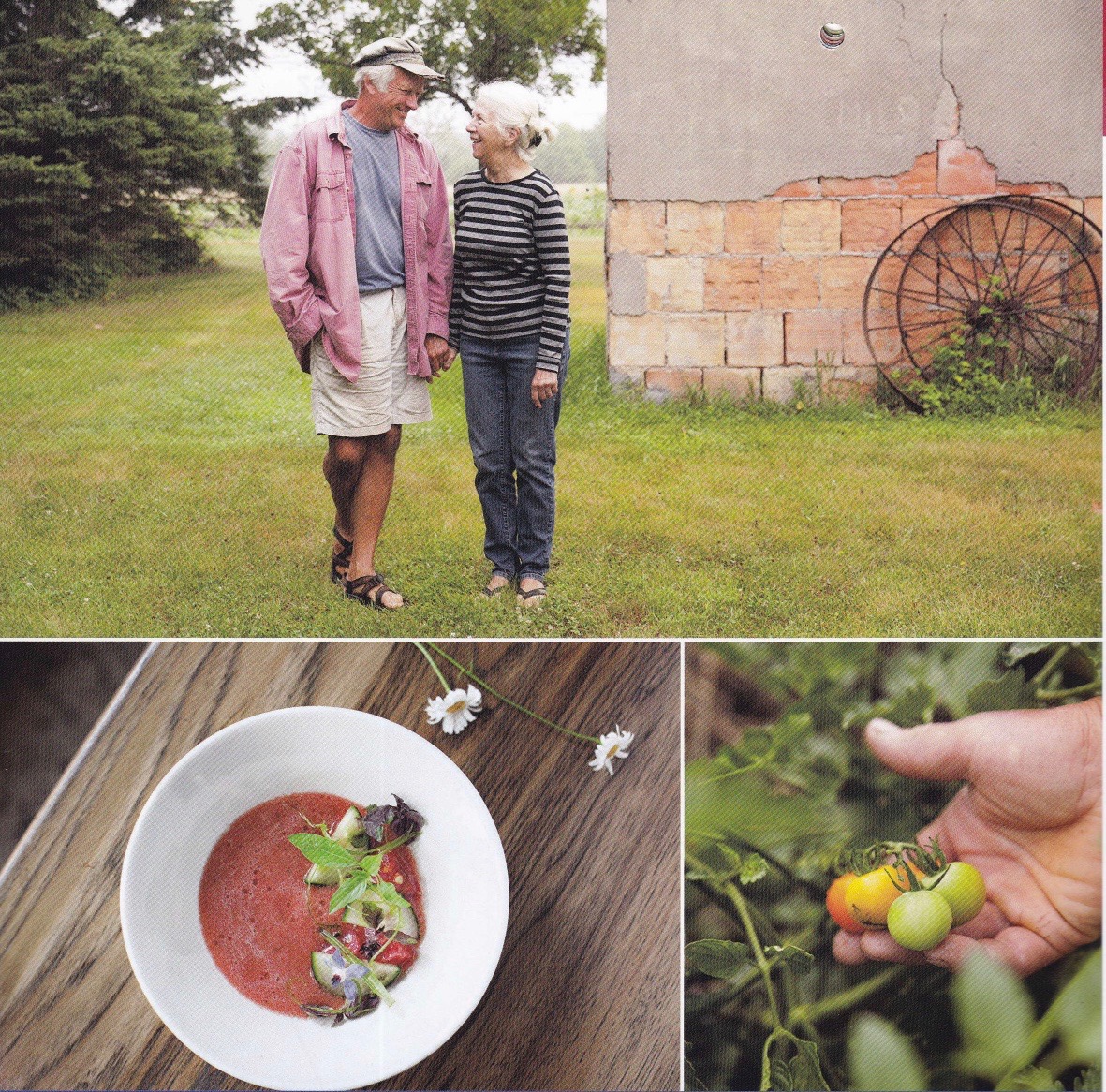

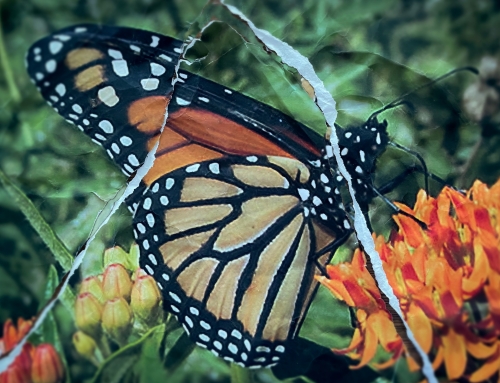
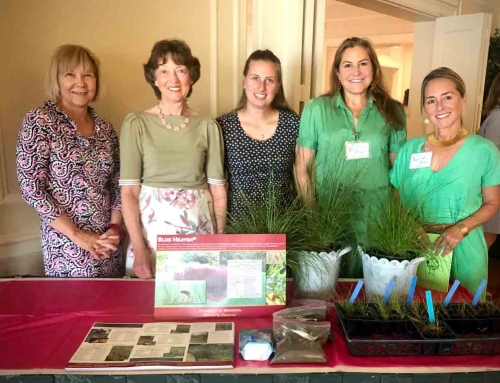
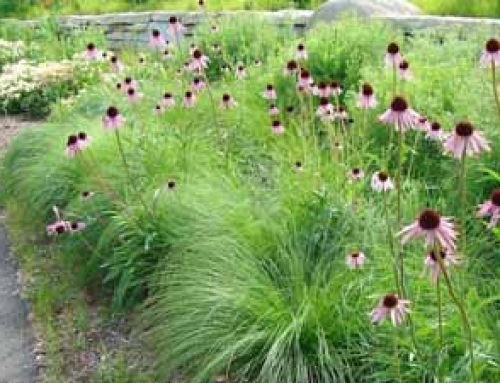
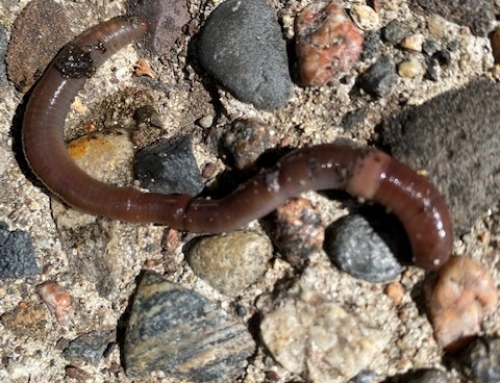
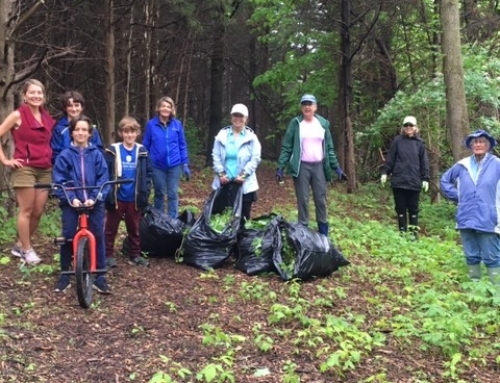
526toe